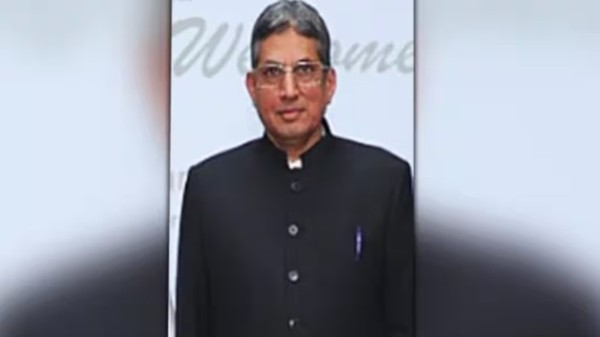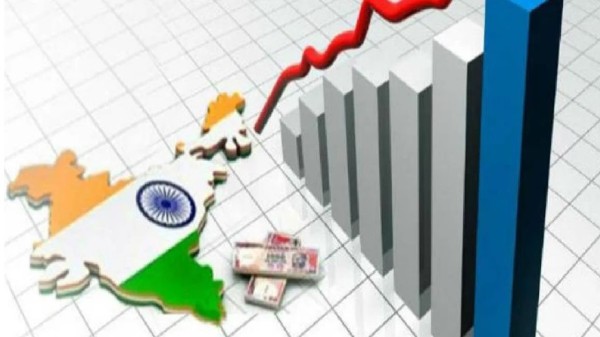

By signing in or creating an account, you agree with Associated Broadcasting Company's Terms & Conditions and Privacy Policy.


By signing in or creating an account, you agree with Associated Broadcasting Company's Terms & Conditions and Privacy Policy.

New Delhi: Indian agricultural exporters are set for a significant boost following US President Donald Trump's recent announcement to remove tariffs on over 200 food items. The move is expected to revitalise demand for key Indian farm products. The exemptions, announced on Friday, come amid growing concerns in the United States about escalating grocery prices.
The tariff relief is particularly welcome news for Indian exporters of tea, coffee, spices, and cashew nuts, who had been severely impacted by previous tariff hikes by the Trump administration, some reaching as high as 50 per cent. This pressure was further exacerbated by a 25 per cent levy imposed on India's Russian oil imports starting in August.
Ajay Sahai, Director General of the Federation of Indian Export Organisations (FIEO), informed news agency Reuters that Indian exports valued between 2.5 billion dollars and 3 billion dollars are anticipated to benefit from these exemptions.
Sahai noted, "This order opens space for premium, speciality and value-added products. Exporters who shift towards higher-value segments will be better protected from price pressures and can tap rising consumer demand."
Trade and farm export policy officials view this development as a positive indication for the ongoing US-India trade discussions. The tariff exemptions are also expected to alleviate some of the export pressure that arose from last year's tariff increases.
The impact of these changes is significant, as India's overall exports to the US saw a nearly 12 per cent year-on-year decline in September, reaching 5.43 billion dollars. Farm exports, which contribute approximately 5.7 billion dollars to the projected 87 billion dollars in total exports for 2024, are a crucial component of this trade relationship.
However, experts caution that the gains may be somewhat limited. Ajay Srivastava, founder of the Global Trade Research Initiative, pointed out that Indian farm exports are predominantly concentrated in a few high-value spices and niche products, News 18 reported.
He highlighted India's weaker presence in key exempt categories such as tomatoes, citrus fruits, melons, bananas, and fruit juices. Srivastava commented, "The tariff shift would marginally strengthen India’s position in spices and niche horticulture and help revive some lost US demand after the tariff hikes."
Furthermore, other supplying nations from Latin America, Africa, and ASEAN are expected to experience more substantial benefits from these exemptions. Indian exporters also continue to grapple with challenges, including high freight costs, intense competition from countries like Vietnam and Indonesia, and stringent US quality standards. As one exporter remarked, "Tariff relief is important, but market recovery also depends on logistics and our ability to match prices."












